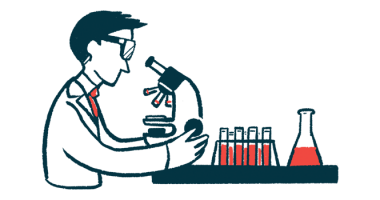Diagnosis of Muscular Dystrophy
Blood Tests
Blood serum samples are used to check for the levels of two enzymes known as creatine kinase and as aldolase, which can signal a muscular disorder exists and further testing is warranted. Blood samples can also be used for genetic testing.
Magnetic Resonance Imaging
Magnetic resonance imaging, or MRI, gives doctors a glimpse of a patient’s muscle, fat, and bone. MD patients typically have a higher concentration of fat in their muscles. MRIs help neurologists understand which muscles the dystrophy is affecting the most. They also help doctors choose a suitable muscle for a biopsy, if needed.
Muscle Biopsy
To perform a muscle biopsy, a doctor collects a small piece of muscle with a needle or by making a small cut in the skin to check the sample for muscle damage and to look at levels of different muscle proteins, certain concentrations of which can indicate MD. Low levels of dystrophin protein can indicate that a person has a form of the disease, such as Duchenne or Becker muscular dystrophies.
Genetic Testing
Although a number of diagnostic tools can point toward MD, genetic testing is usually the most accurate way to diagnose the disease. These tests check for mutations associated with disease. Commercial genetic tests that can be used to diagnose a particular type of MD, known as direct genetic testing, are only available for some of the more common types of the disease.
Six-minute Walk Test
The six-minute walk test is a measure of how far a patient can walk in six minutes on a hard, flat surface. The original purpose of the test was to determine exercise tolerance in patients with heart failure and respiratory disease, but the test has been used to measure exercise capacity in other patient groups, including those with MD.






